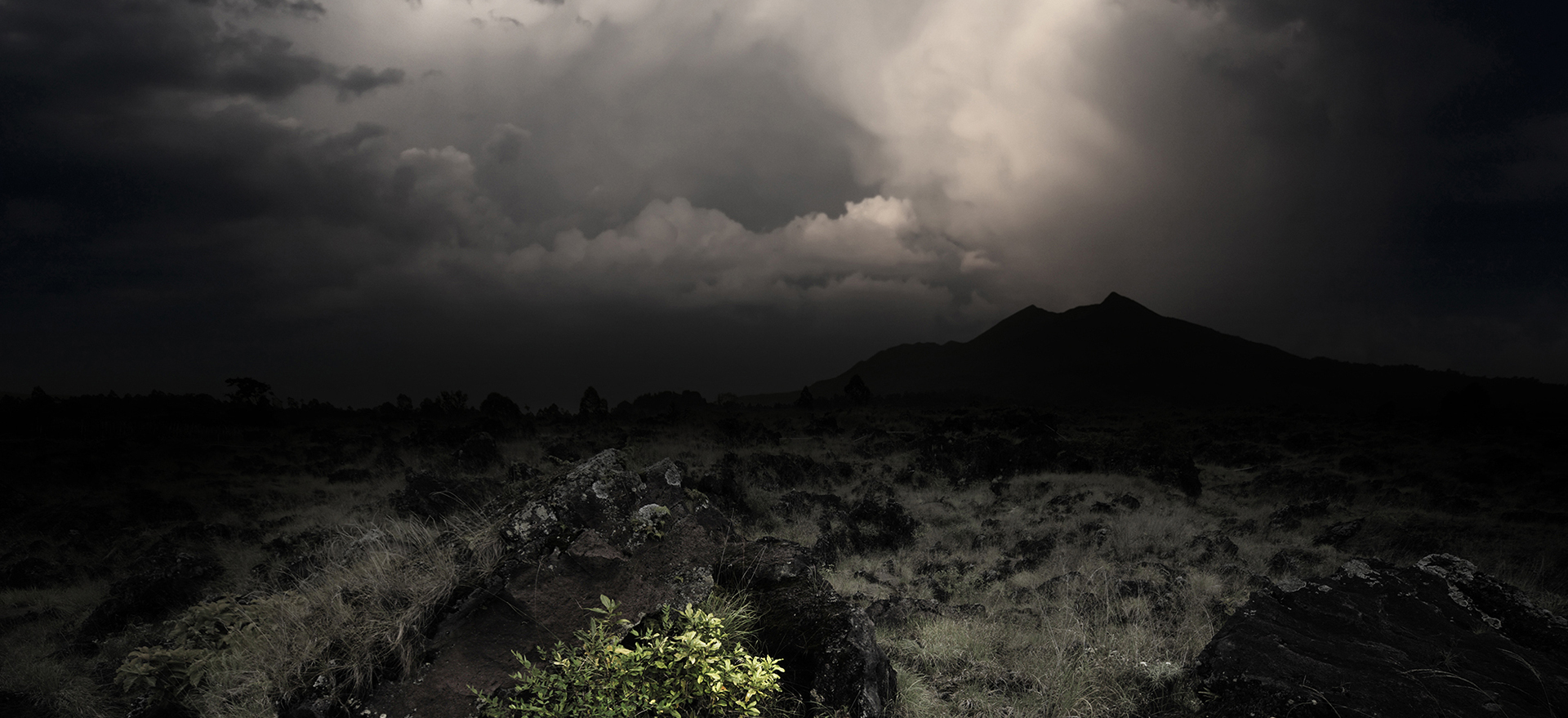Global security and the G7’s growing centrality
Russia’s invasion of Ukraine has led to some countries reaffirming their shared agreement on the value of open societies, but centrifugal forces are still casting dark clouds over the future of global governance
Russia’s heinous invasion of Ukraine is complicating and fragmenting global governance structures – and not for the better. While the G7’s role may take on added weight, the G20 will be crippled and the world’s ability to tackle global challenges undermined.
The G7 started meeting at a time of global upheaval with the collapse of the Bretton Woods system in the 1970s. It played a leading role in steering the global economy throughout the 1980s and ’90s.
But the first decades of the 2000s witnessed strong growth in many emerging markets. Overcoming the global financial crisis from 2008 to 2009 underscored the fact that the G7 alone no longer had the clout to manage the global economy without China.
The G20 leaders’ process was born in late 2008. Non-G7 members of the G20, especially the so-called ‘BRIC’ group of Brazil, Russia, India and China, asked why its members should assume responsibility for managing the global economy with the G7 when they were excluded from global governance. Soon, non-G7 members of the G20 joined bodies such as the Financial Stability Forum (now the Financial Stability Board). By September 2009, the G20’s Pittsburgh Summit declared the G20 to be the premier forum for its leaders’ international cooperation. In this period, the G20 was instrumental in helping support the global recovery, mobilising substantial resources for emerging markets and low-income countries, and laying the basis for significant shifts in the voting power of the International Monetary Fund and World Bank to dynamic emerging markets.
Changing conditions
By 2014, conditions changed, putting multilateralism increasingly on the back foot. Vladimir Putin’s Crimea and Donbas invasions made Russia a pariah. After the global financial crisis, many in China argued for freeing the country from a US-led western order. President Xi Jinping pursued a more statist approach at home and an increasingly aggressive posture vis-à-vis the West. The Trump presidency saw the United States turn unilateralist, inward, bellicose and protectionist. Among key emerging markets, Chinese growth remained strong, but Brazil and Russia stagnated. Progress in modernising international financial institutions stalled. China’s clout in the world economy is nowhere close to being properly reflected in its weight in international financial institutions. The World Trade Organization has been at a standstill. Regional organisations (such as the Asian Infrastructure Investment Bank, New Development Bank, Chiang Mai Initiative and European monetary arrangements) are developing and expanding, to some degree at the expense of those multilateral international financial institutions.
New priorities
The priorities of G7 members also changed. The G7 has increasingly been concerned about cyber issues, crypto-assets, anti-money laundering, counterterrorist financing and sanctions policies, areas where countries such as Russia and China are often seen as malign. Unsustainable Chinese lending practices have added to debt distress throughout low-income countries, but efforts to work with China to relieve unsustainable debt have largely hit a great wall.
Russia’s invasion of Ukraine on 24 February this year is only reinforcing these centrifugal forces.
With Xi and Putin’s ‘no limits’ friendship, the G7 is gaining greater traction as an anti-authoritarian democracy club. Indeed, the G7 members were joined at the 2021 Cornwall Summit by Australia, Korea, India and South Africa, who reaffirmed with their G7 their shared agreement on the value of open societies. The war has revived the North Atlantic Treaty Organization. To the extent there is now an East–West split, the new East consists of Russia with half-hearted Chinese backing, while the East of the Cold War era has been ripped apart by German reunification and Central Europe gleefully bolting from Russian oppression for the West.
China will reflect long and hard about how to protect itself from actions launched by the West to freeze the Russian central bank’s assets, although it will not jeopardise its economic interests with the West for Russia.
On the economic and financial front, issues such as economic development, climate change and the fight against global poverty remain important for the G20. Overcoming them requires US and China cooperation.
Yet that is hardly a viable prospect at this moment. With fissures torn open between the West and the new East, the G20 will be split this year. Eyes in the West will instead focus on Germany’s G7 presidency.
Perhaps countries can come together on a case-by-case basis – so-called variable geometry – to tackle selected global challenges. But, on balance, the clouds over the future of global governance are quite dark and grey.












